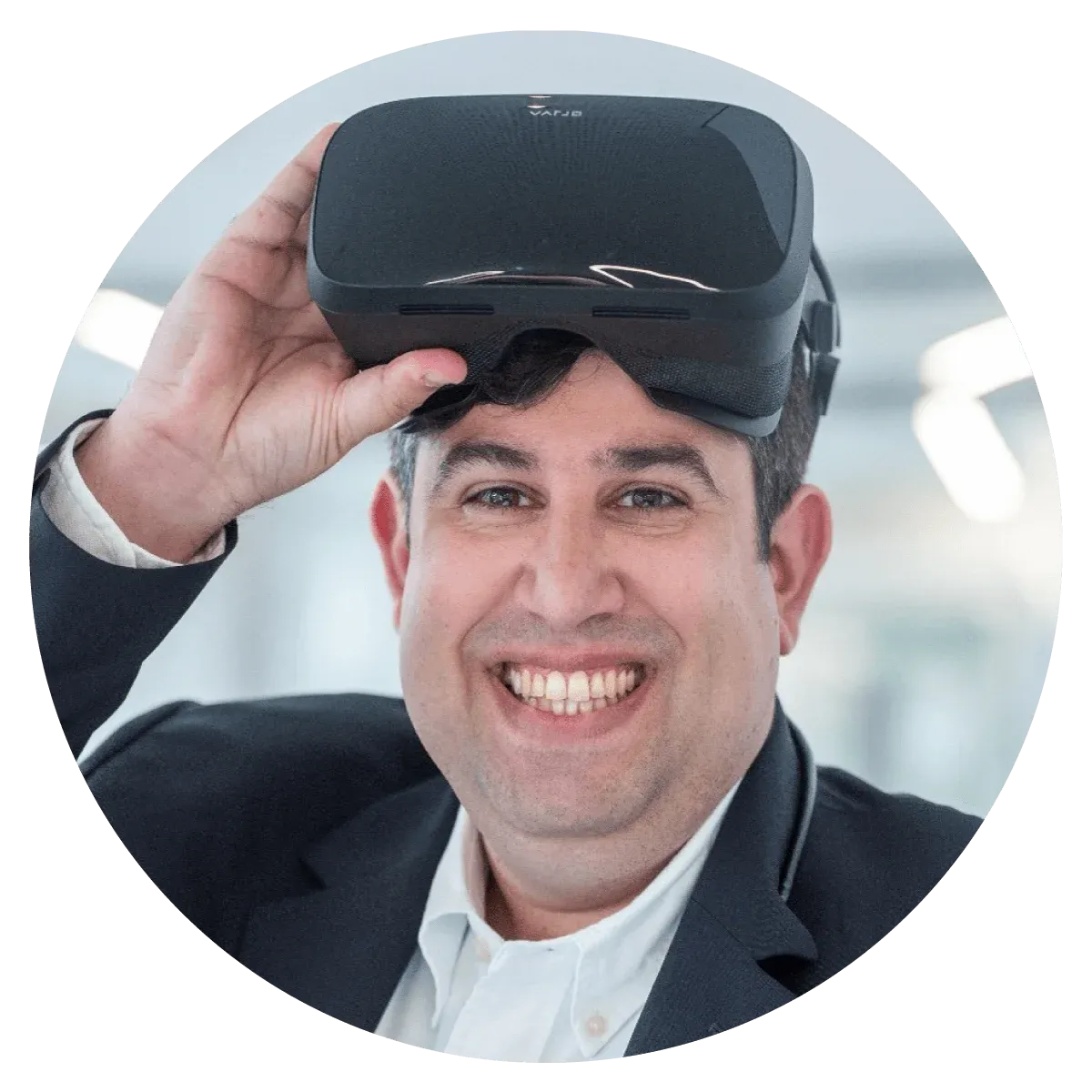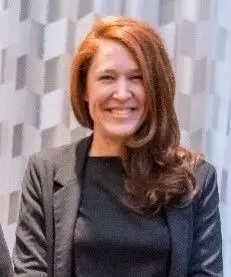The X in XR stands for any form of reality, be it virtual, augmented, or mixed reality (VR, AR, MR). XR-environments are technology-mediated networks of “scalable and potentially interoperable extended reality environments merging the physical and virtual realities to provide experiences characterized by their level of immersiveness, environmental fidelity, and sociability” (Barrera & Shah 2023). These XR environments are sometimes also dubbed the metaverse, spatial computing, or phygital (combination of physical and digital) applications.
Through a comprehensive four-step approach, we investigate the intricate interplay between firm strategies, stakeholder perceptions, and activities in shaping XR markets. We combine qualitative and quantitative techniques, including experiments, interviewing, and archival online data to unravel the sensemaking processes driving innovation within this burgeoning space, decode the keys to success in thriving in XR markets, and shed light on what strategies resonate in which ways with various stakeholder groups.

“In the consumer Metaverse, as we have seen, there was great excitement after the announcement by Meta in October 2021. In the XR community, XR was promoted and initially adopted enthusiastically. We have seen, over time, this initial interest subsided. And the reason is that there isn’t a clear statement in the consumer area about what the added value of this Metaverse is. It looks very different in the area of the Industrial Metaverse. Here we have a clear goal – to solve real-world problems. We want to enable our customers to become more sustainable and faster. We want to enable new products to be brought to market quicker and more energy-efficient, while helping out our customers to boost their productivity.”
Theo Papadopoulos, Technology & Innovation Management, Siemens

“The metaverse is basically just a new way to work, collaborate, learn, consume, shop and share experiences and content digitally. By moving into the (immersive) 3D space, there are new opportunities on various levels, especially emotionally, to enable completely different types of interaction for more personal brand and marketing experiences on the one hand. And on the other, boost e.g. sales or service through innovative and engaging experience touchpoints with your brands target groups.”
Carsten Lukas, Metaverse Experience & Innovation Lead, PwC

“Today’s tools and technologies are revolutionizing how we work, create, and connect. The Metaverse, or whatever it evolves into, offers an unmatched opportunity to learn and innovate. With VLGE AI, users can build personalized AI agents, allowing digital worlds to adapt seamlessly to individual preferences. As this space remains undefined, now is the ideal time to experiment and future-proof your brand.”
Evelyn Mora, CEO & Founder, VLGE
We seek answers on the most pressing questions of the industry:
- How to create value for customers and wider stakeholder groups?
- How to drive XR technology and applications for innovation, customer engagement and brand development?
- How to capture value through innovative business models and collaborations?
This is a three-year funded research project in which we are collaborating with a Swiss research team of the University of St. Gallen.
Join us in exploring how leaders shape XR worlds and how XR technologies can revolutionize industries worldwide.
 “In the consumer Metaverse, as we have seen, there was great excitement after the announcement by Meta in October 2021. In the XR community, XR was promoted and initially adopted enthusiastically. We have seen, over time, this initial interest subsided. And the reason is that there isn’t a clear statement in the consumer area about what the added value of this Metaverse is. It looks very different in the area of the Industrial Metaverse. Here we have a clear goal – to solve real-world problems. We want to enable our customers to become more sustainable and faster. We want to enable new products to be brought to market quicker and more energy-efficient, while helping out our customers to boost their productivity.”
“In the consumer Metaverse, as we have seen, there was great excitement after the announcement by Meta in October 2021. In the XR community, XR was promoted and initially adopted enthusiastically. We have seen, over time, this initial interest subsided. And the reason is that there isn’t a clear statement in the consumer area about what the added value of this Metaverse is. It looks very different in the area of the Industrial Metaverse. Here we have a clear goal – to solve real-world problems. We want to enable our customers to become more sustainable and faster. We want to enable new products to be brought to market quicker and more energy-efficient, while helping out our customers to boost their productivity.” 



 Are you a company leader currently designing, using, or experimenting with the metaverse/extended reality? We are looking for experts like you! Please take a moment to connect with us by answering just 4 short questions
Are you a company leader currently designing, using, or experimenting with the metaverse/extended reality? We are looking for experts like you! Please take a moment to connect with us by answering just 4 short questions  “The metaverse is basically just a new way to work, collaborate, learn, consume, shop and share experiences and content digitally. By moving into the (immersive) 3D space, there are new opportunities on various levels, especially emotionally, to enable completely different types of interaction for more personal brand and marketing experiences on the one hand. And on the other, boost e.g. sales or service through innovative and engaging experience touchpoints with your brands target groups.”
“The metaverse is basically just a new way to work, collaborate, learn, consume, shop and share experiences and content digitally. By moving into the (immersive) 3D space, there are new opportunities on various levels, especially emotionally, to enable completely different types of interaction for more personal brand and marketing experiences on the one hand. And on the other, boost e.g. sales or service through innovative and engaging experience touchpoints with your brands target groups.”  “Today’s tools and technologies are revolutionizing how we work, create, and connect. The Metaverse, or whatever it evolves into, offers an unmatched opportunity to learn and innovate. With VLGE AI, users can build personalized AI agents, allowing digital worlds to adapt seamlessly to individual preferences. As this space remains undefined, now is the ideal time to experiment and future-proof your brand.”
“Today’s tools and technologies are revolutionizing how we work, create, and connect. The Metaverse, or whatever it evolves into, offers an unmatched opportunity to learn and innovate. With VLGE AI, users can build personalized AI agents, allowing digital worlds to adapt seamlessly to individual preferences. As this space remains undefined, now is the ideal time to experiment and future-proof your brand.”  Fiona Schweitzer is Senior Professor of Marketing at Grenoble Ecole de Management.
Fiona Schweitzer is Senior Professor of Marketing at Grenoble Ecole de Management. 
